

UNGM NO: 613759 | NCAGE NO: SGGU2 | DUNS TRACKING ID NO: 2188825 | SIC CODE: 7389







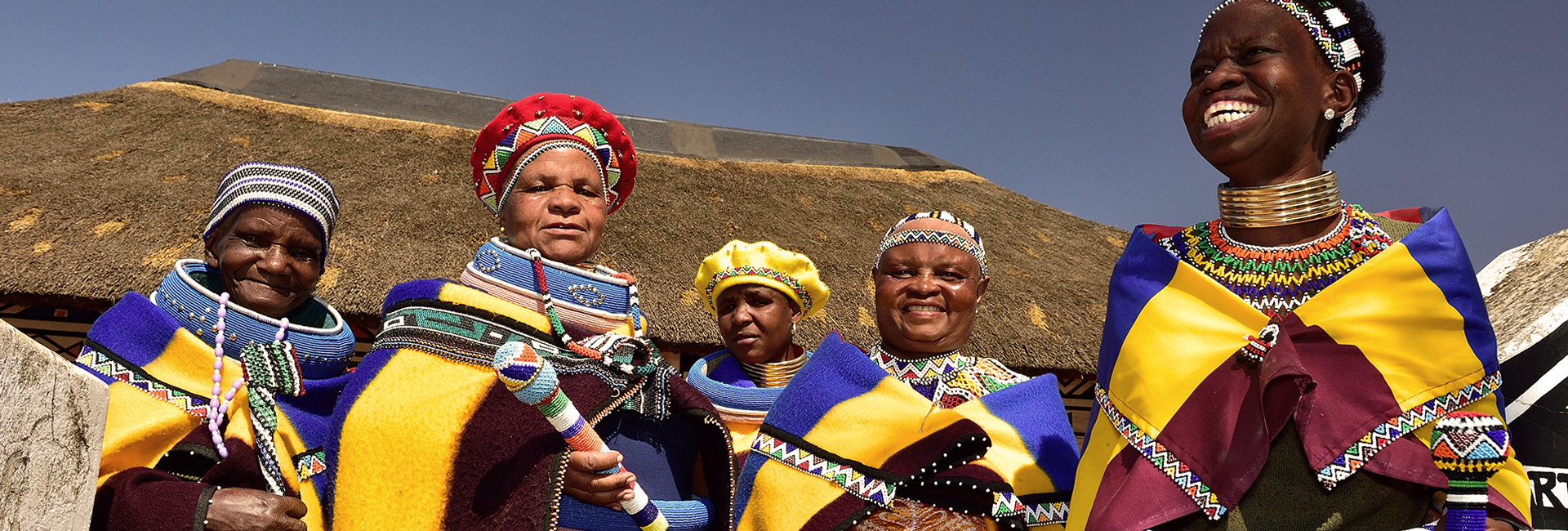

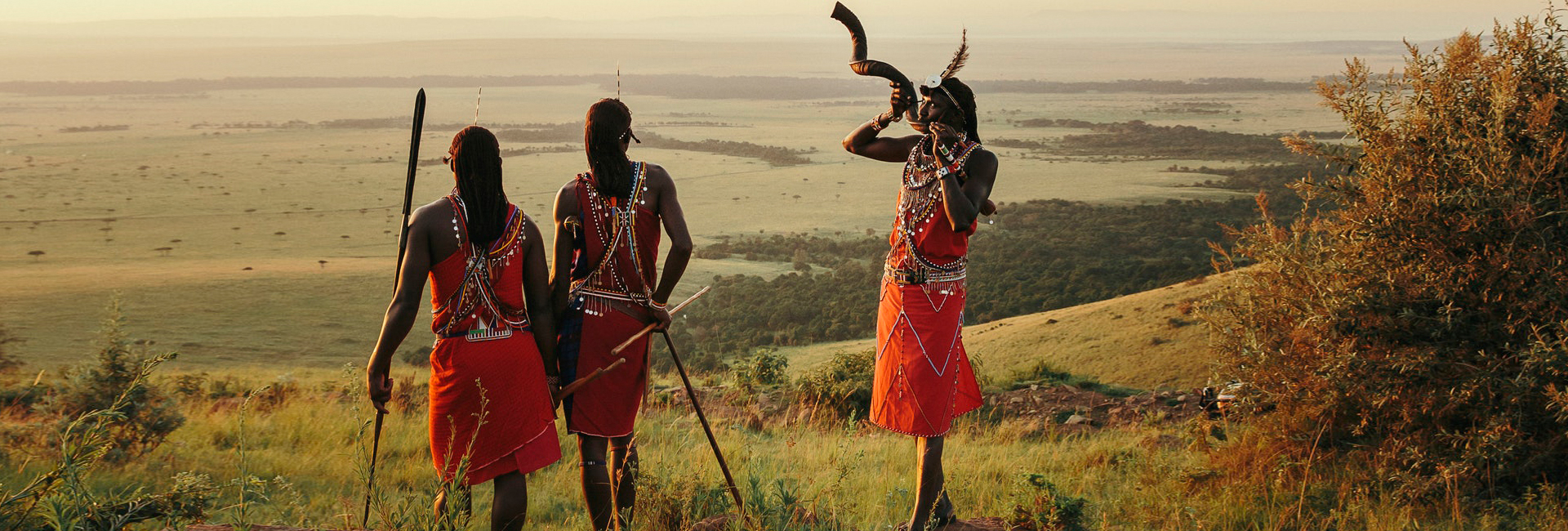

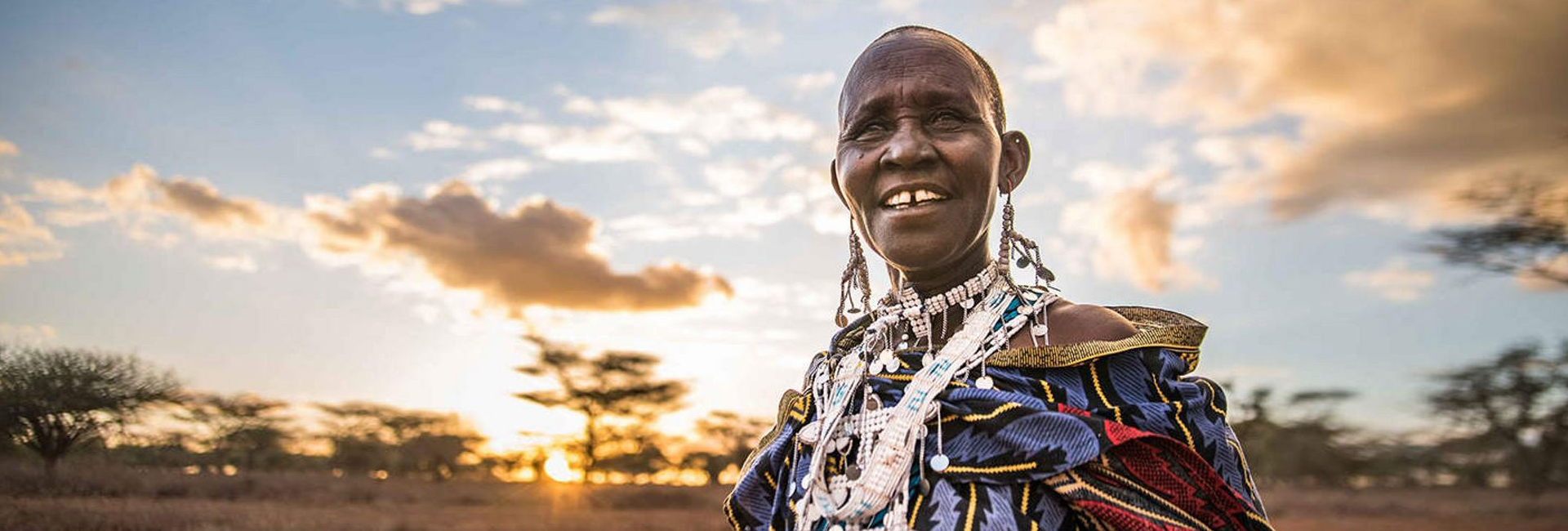
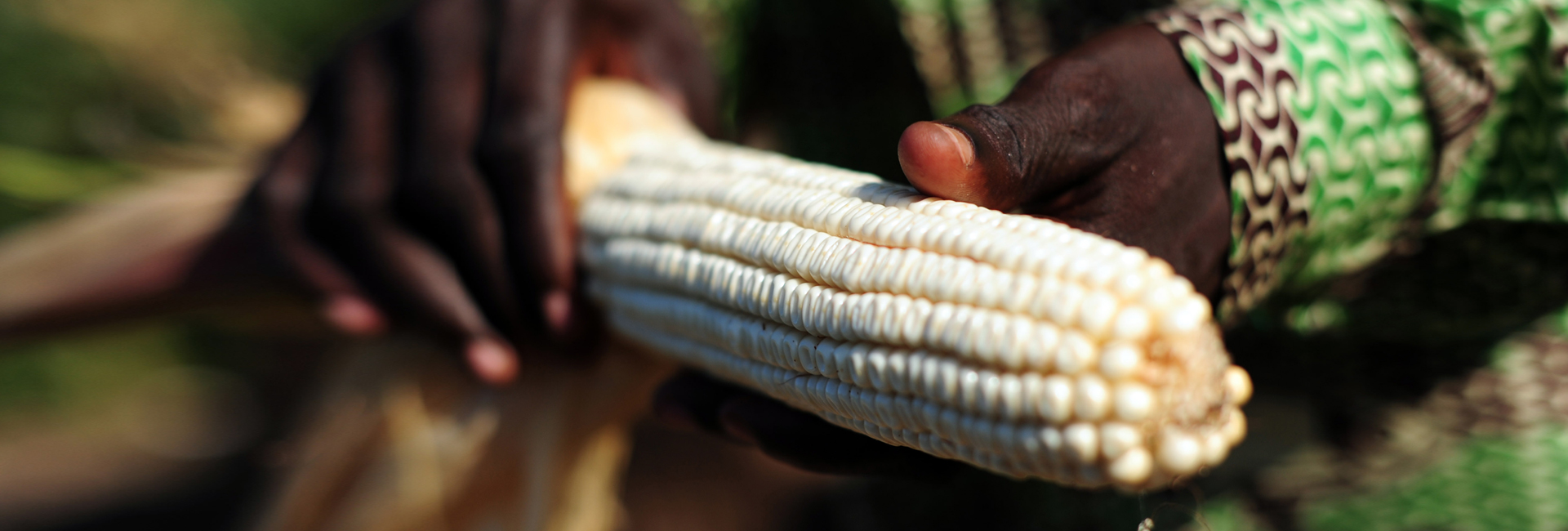
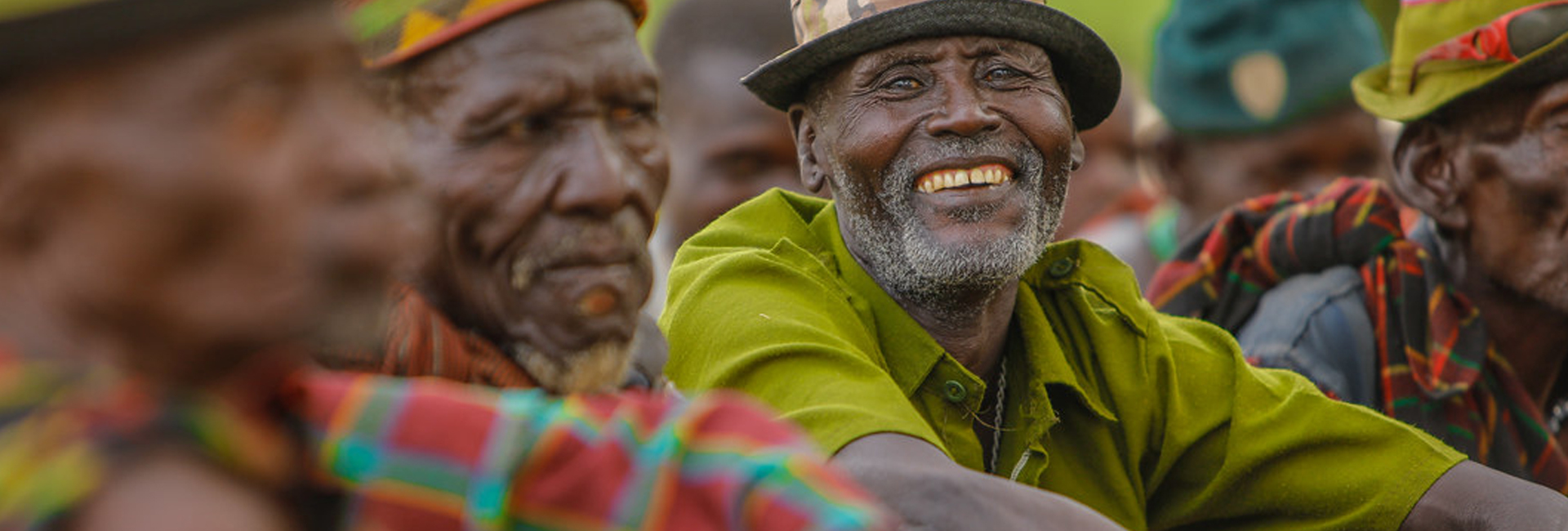

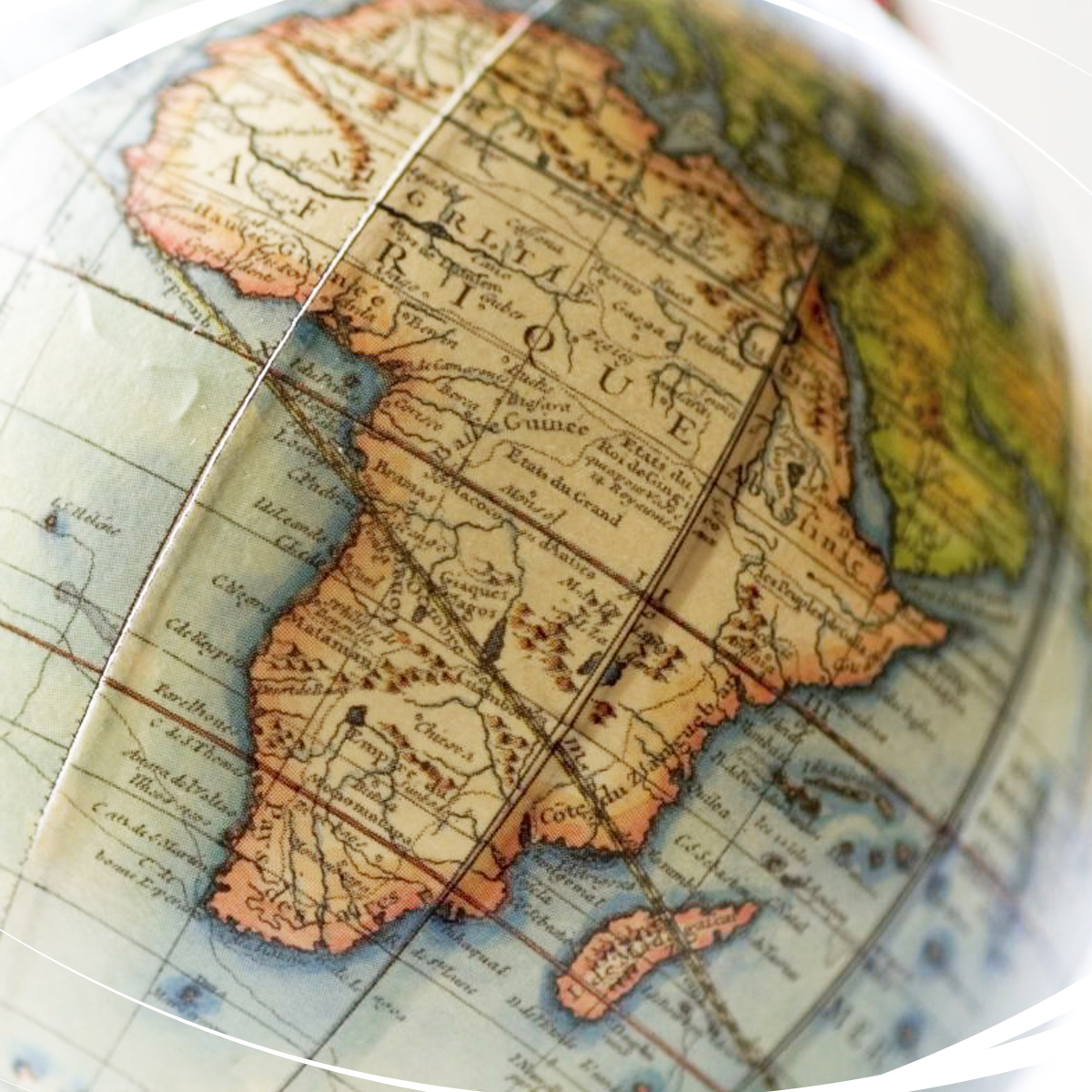
When marking out the boundaries of their new territories in Africa, European colonial negotiators frequently resorted to drawing straight lines on the map, unaware of the myriad of traditional monarchies, chiefdoms and other African societies that existed on the ground. The new boundaries cut through some 190 culture groups breaking up long existing economic and social structures within the groups.
However, these cultural groups still exist across the African continent and still form the strongest basis of natural identity and affiliation. This cultural identity and affiliation determines most decision making processes both from a social and economic perspective, and hence the creation and establishment of economic structures into the traditional cultural groups is a critical component to achieving grassroots wealth creation, peace and prosperity in Africa.